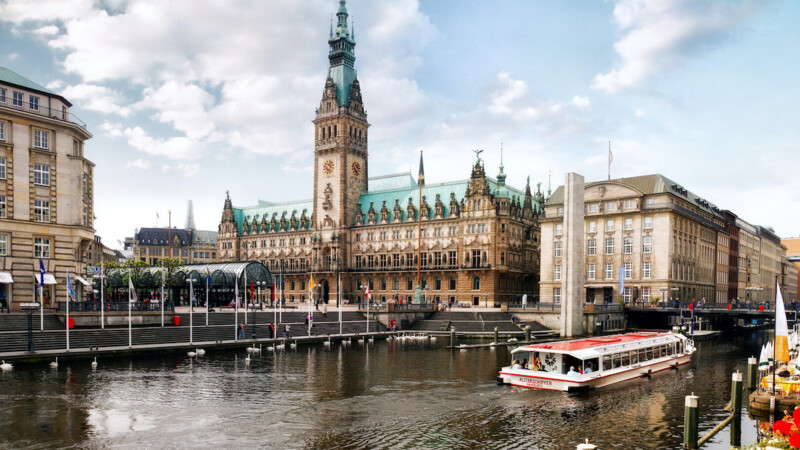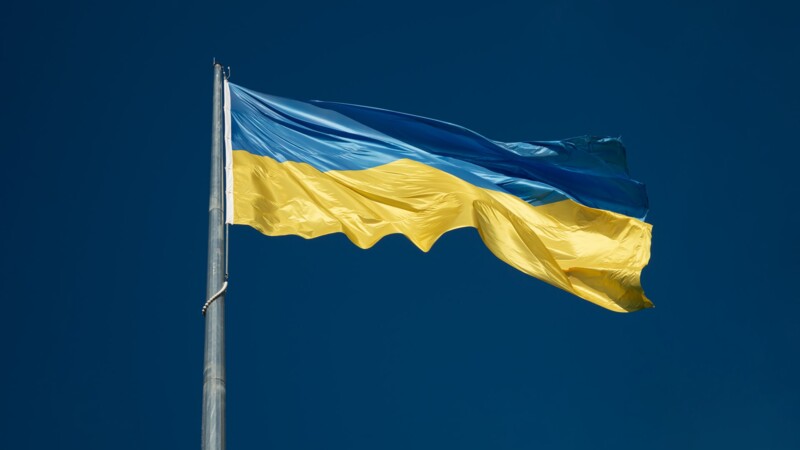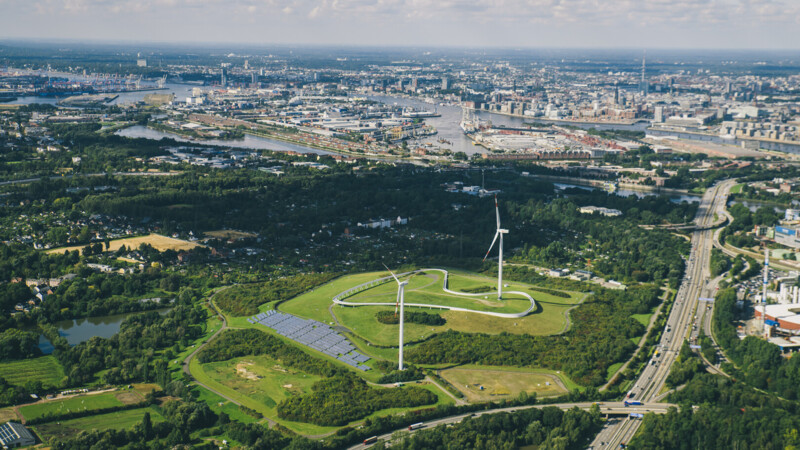"There is evidence that environmental destruction is an explicit military tactic. Military activities have started fires in some areas that are so large they can be seen from space," said Leal, and noted that breeding habitats for birds may have been affected. "Wars destroy human lives and habitats and the impact on ecosystems could last for decades to come. The environment is a silent victim of conflict," he added.
Researchers at the Hamburg University of Applied Sciences (HAW) have received EUR 124,000 from the German Foundation for the Environment to monitor and document the extent of the war's damage on protected parts of Ukraine. Prof. Dr. Dr. Walter Leal is co-ordinating the "Ukraine-Nature" project at the Research and Transfer Centre for Sustainability and Climate Research (FTZ-NK). Ukrainian scientist Dr. Maria Fedoruk is carrying out the research, which should form the basis of restoration measures in future.
War damage endangering habitats
Nature reserves and natural resources affected
More than one-third of Ukraine's nature reserves including wetlands, forests and steppes have been hit by Russian militatry operations, HAW said. Apart from their ecological function, the protected areas supply the population with grain and other key goods. Launched in July, the "Ukraine-Nature" research project will examine the impact of war on natural resources and the environment through December 2023. Leal counts among the leading climate researchers worldwide.
nj/pb
Sources and further information
More
Similar articles

HAW Professor Walter Leal co-authors latest IPPC report on climate

Special Chamber of Commerce website on Russia-Ukraine war impact

Hamburg establishes "science bridge" for Ukraine
